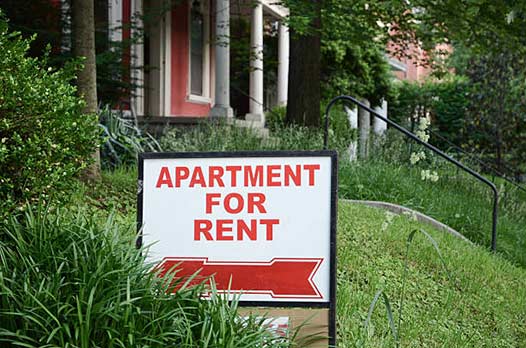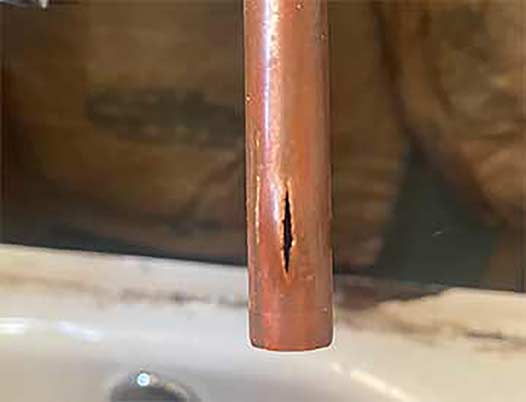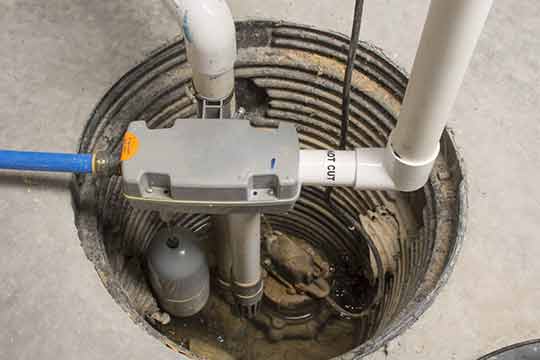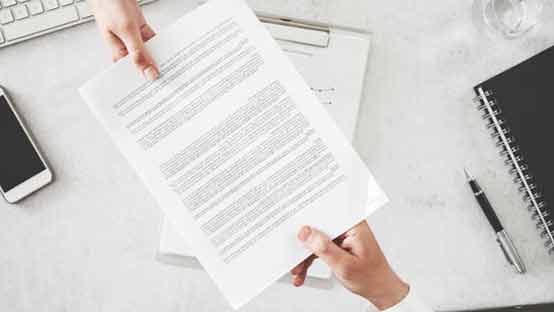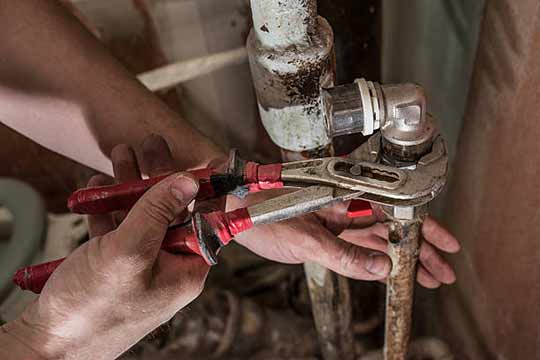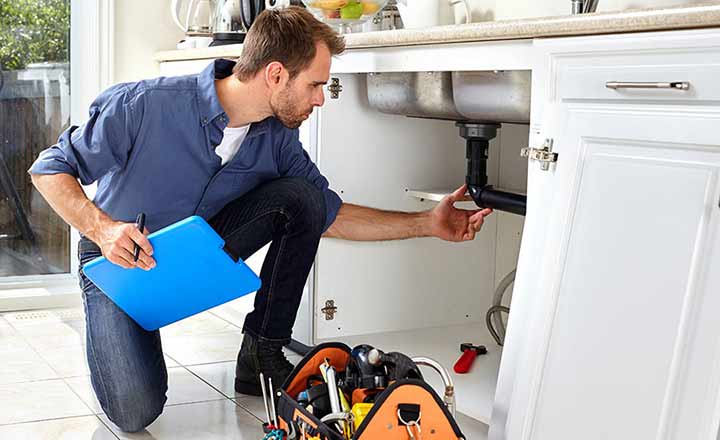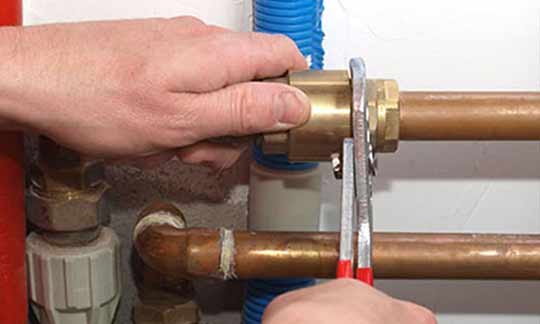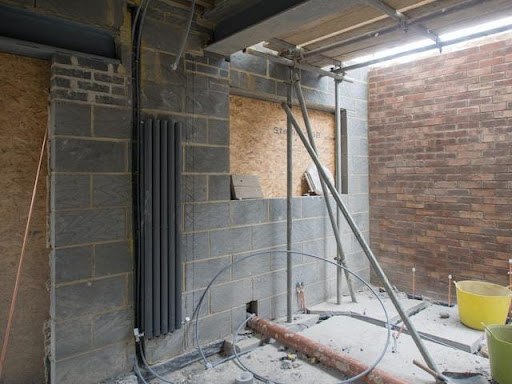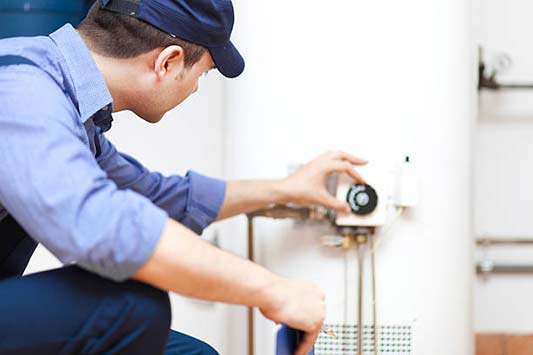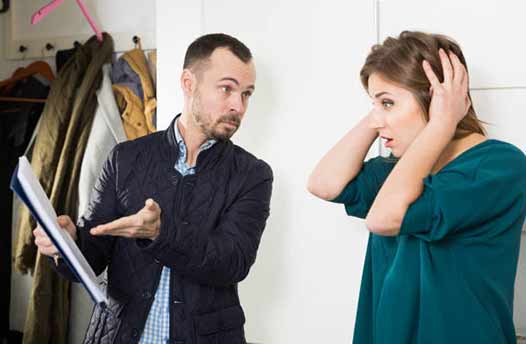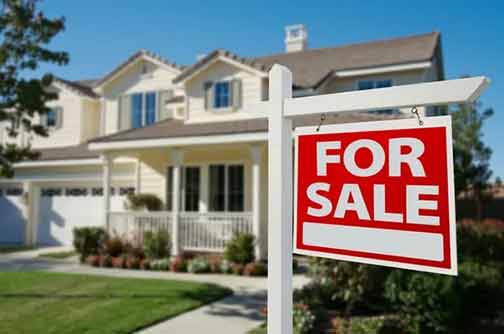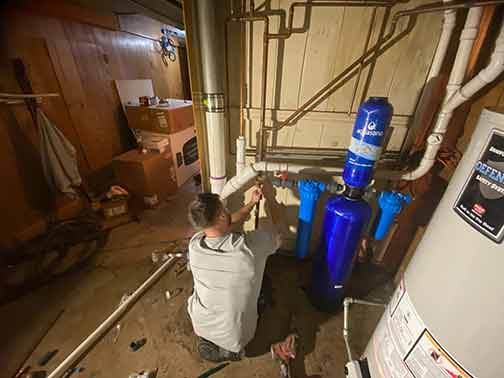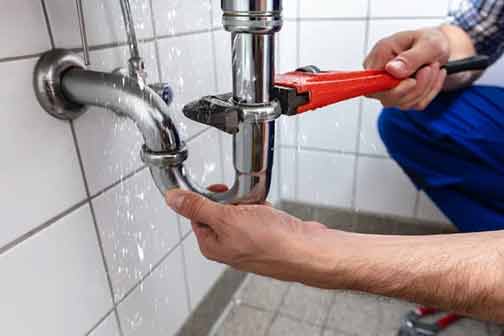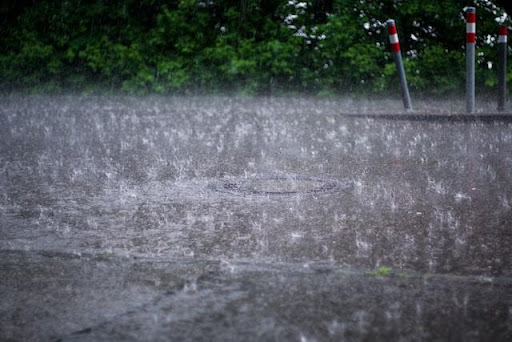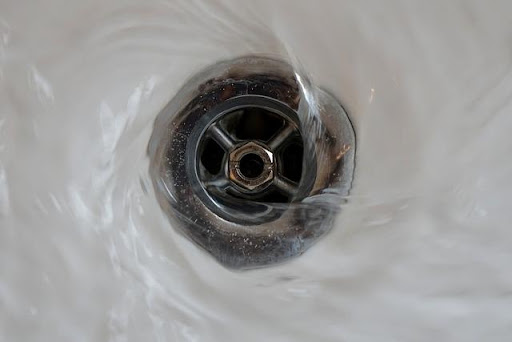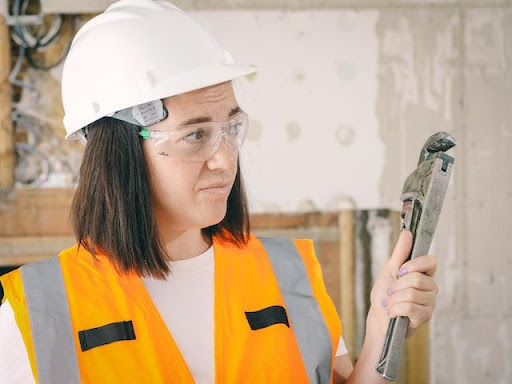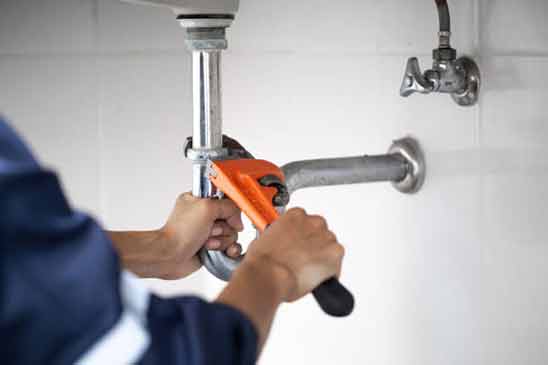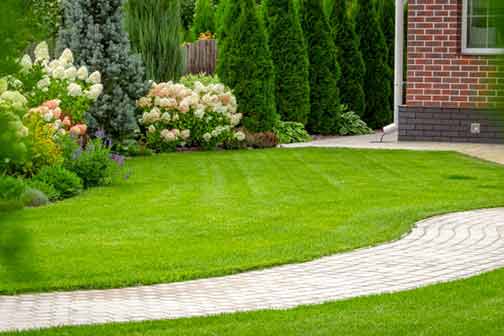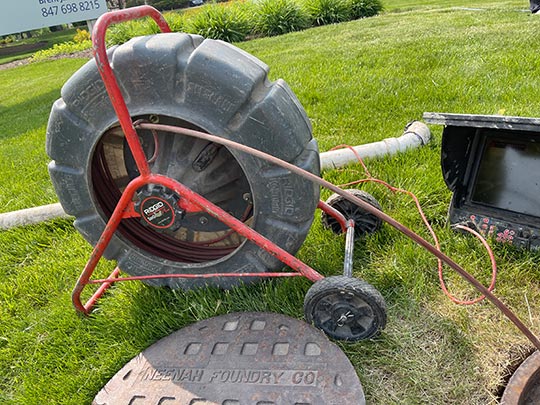As a property owner, it is crucial to understand the importance of maintaining a well-functioning plumbing system in your rental property. Plumbing issues can cause significant disruption, inconvenience, and financial burden for both you and your tenants. Therefore, proactively addressing plumbing maintenance and repair can save you from future headaches and help maintain a satisfactory living environment for your tenants.
Understanding the Chicago Plumbing System
Before diving into the specifics of plumbing maintenance and repair, it is essential to have a basic understanding of how the plumbing system in Chicago works. Chicago, like most cities, relies on a network of pipes and fixtures to supply clean water and remove wastewater. The city’s plumbing system connects individual buildings to the municipal water supply and sewage disposal system.
The plumbing system in Chicago is subject to local building codes and regulations. It is crucial to familiarize yourself with these guidelines to ensure compliance during maintenance and repair activities. Hiring licensed and certified plumbers for any work on your rental property is highly recommended to ensure quality craftsmanship and adherence to regulations.
Preventive Plumbing Maintenance
Preventive maintenance plays a vital role in preventing plumbing issues from arising in the first place. By implementing a proactive approach, you can minimize emergency repairs and potentially save significant costs. Here are some key preventive maintenance tips:
Regular Inspections
Schedule regular inspections of your rental property’s plumbing system. Inspect fixtures, pipes, valves, and drains to identify any signs of leaks, corrosion, or damage. Early detection can prevent minor issues from escalating into major problems.
Drain Cleaning
Over time, drains can become clogged with debris and mineral buildup, leading to slow drainage and potential blockages. Implementing routine drain cleaning can help prevent these issues. Consider scheduling professional hydro jetting service or educate your tenants on proper drain maintenance.
Water Heater Maintenance
Regular maintenance of the water heater is crucial to ensure its efficient and safe operation. Flush the tank annually to remove sediment buildup and consider inspecting the pressure relief valve for proper functioning. If necessary, call a professional to perform maintenance tasks.
Insulation
Chicago’s harsh winters can pose a threat to your plumbing system. Insulating exposed pipes, especially those located in unheated or exterior areas, can prevent freezing and potential pipe bursts. Adequate insulation not only protects the plumbing system but also aids in energy conservation.
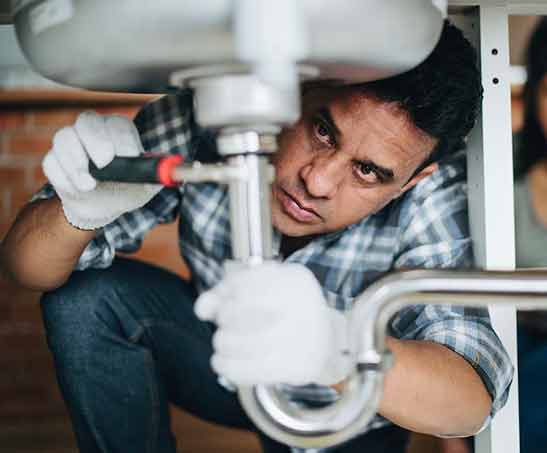
Inspect for leaks regularly and repair or replace faulty pipes and faucets immediately.
Common Plumbing Issues and Repairs
Despite the best preventive efforts, plumbing issues may still arise in your rental property. Being aware of the most common problems and their respective repairs can help you promptly address any plumbing emergencies. Here are some common plumbing issues:
Leaking Pipes and Faucets
Leaking pipes and faucets waste water and can cause extensive damage if left unattended. Inspect for leaks regularly and repair or replace faulty pipes and faucets immediately.
Clogged Drains
Clogged drains are a common issue in any household. Encourage your tenants to avoid disposing of non-biodegradable materials down the drains and provide them with information on how to clear minor clogs using plungers or drain snakes. In severe cases, professional assistance may be required.
Running Toilets
A running toilet not only wastes water but can also cause a substantial increase in your water bill. It is typically caused by a faulty flapper valve or a damaged fill valve. These components can be easily replaced, but if you are unfamiliar with toilet repairs, hire a professional plumber.
Low Water Pressure
Low water pressure can be caused by various factors, including sediment buildup in pipes or a malfunctioning pressure regulator. Determine the cause of low water pressure and repair or replace the affected components accordingly.
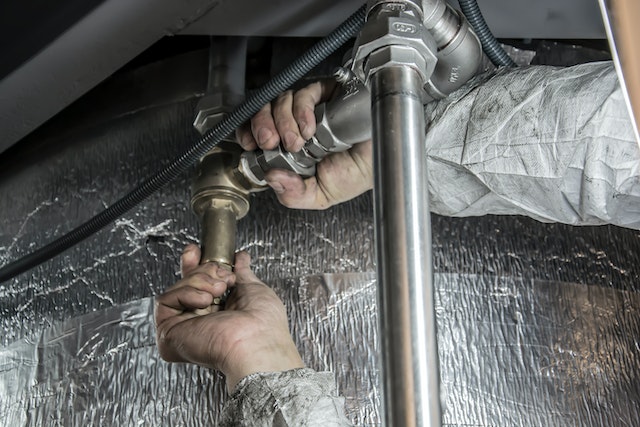
For complex plumbing repairs or installations, hiring a professional plumber is essential.
Addressing Plumbing Issues
When a plumbing issue arises in your rental property, prompt action is key. It is crucial to respond to your tenant’s concerns promptly and take necessary steps to resolve the issue. Here are some guidelines for addressing plumbing issues:
Communication
Establish clear lines of communication with your tenants regarding plumbing issues. Encourage them to report any problems promptly and provide them with emergency contact information for plumbing repairs.
Hiring Professional Plumbers
For complex plumbing repairs or installations, hiring a professional plumber is essential. Research reputable Chicago plumbers, request multiple quotes, and verify licenses and certifications before making a decision.
Temporary Solutions
In emergency situations, it may be necessary to implement temporary solutions to prevent further damage. Educate yourself on simple fixes like shutting off water valves or using leak sealants until professional help arrives.
Documentation
Keep detailed records of all plumbing maintenance and repairs conducted on your rental property. Proper documentation can protect you legally and financially in case disputes arise with tenants or insurance claims need to be filed.

Happy tenants are more likely to renew their leases and take better care of the property, reducing the risk of damage.
The Importance of Regular Plumbing Maintenance
Regular plumbing maintenance is not just about addressing immediate issues; it is about preserving the long-term integrity and value of your rental property. Here are some key reasons why regular plumbing maintenance is crucial:
Cost Savings
By addressing minor plumbing issues promptly, you can prevent them from escalating into major, costly repairs. Regular maintenance allows you to catch problems early on and mitigate potential future expenses.
Tenant Satisfaction
Maintaining a well-functioning plumbing system ensures a higher level of tenant satisfaction. Happy tenants are more likely to renew their leases and take better care of the property, reducing the risk of damage.
Property Value
A well-maintained plumbing system contributes to the overall value of your rental property. When it comes time to sell, potential buyers will be more attracted to a property that has a history of proper maintenance and fewer plumbing issues.
Legal Compliance
Chicago has specific building codes and regulations relating to plumbing systems. Regular maintenance helps ensure compliance with these regulations, protecting you from potential legal issues.
To Sum It Up
Maintaining and repairing the plumbing system in your rental property is an essential responsibility for every property owner in Chicago. By implementing preventive maintenance strategies, promptly addressing plumbing issues, and hiring a good residential plumber in Chicago when needed, you can ensure the smooth operation of your plumbing system and provide a comfortable living environment for your tenants. Remember, regular plumbing maintenance is not just a financial investment but also an investment in tenant satisfaction, property value, and legal compliance. Incorporate these practices into your property management routine, and you will reap the long-term benefits.
